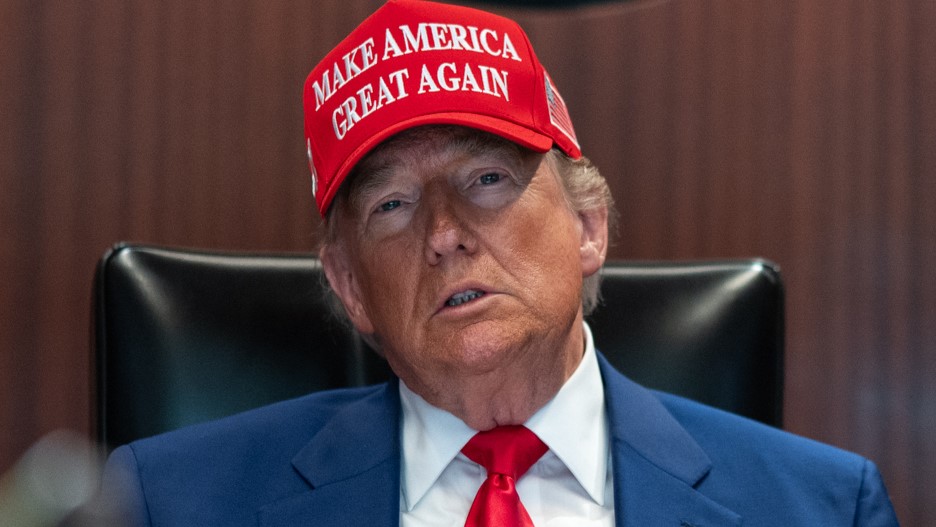Promised community-based services were never adequately funded, creating systemic gaps that persist to this day.
Others are reading now
President Donald Trump has issued a sweeping executive order demanding that states and cities dismantle homeless camps, redirecting those living on the streets into treatment facilities.
The move has sparked immediate backlash from advocacy groups, who argue it could exacerbate the nation’s growing homelessness crisis.
Legal Push to Dismantle Protections

The order calls on Attorney General Pam Bondi to challenge and potentially overturn long-standing legal precedents and consent decrees that prevent local authorities from forcibly removing homeless individuals.
Legal experts, however, note that Bondi lacks the authority to unilaterally reverse such rulings.
Supreme Court Ruling Sets the Stage
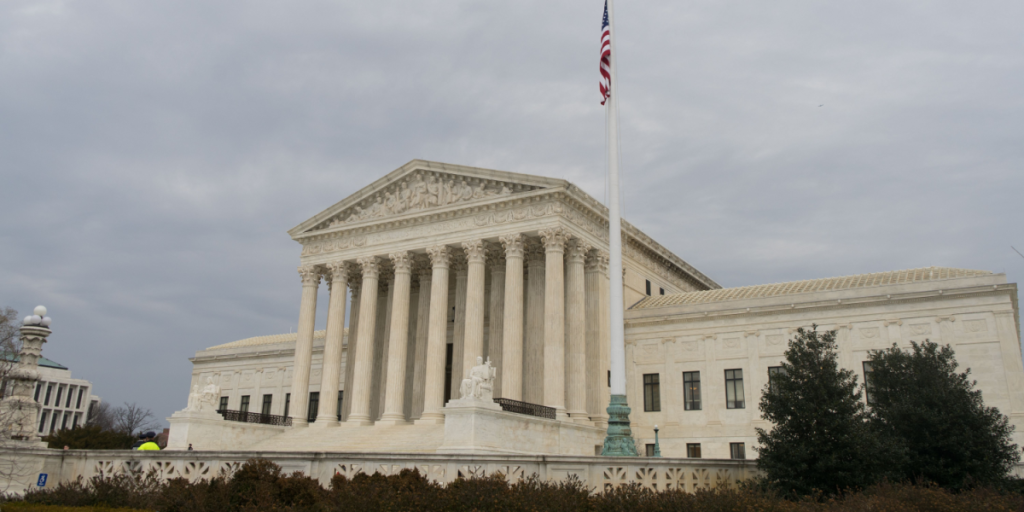
Trump’s directive builds on a 2024 Supreme Court decision that gave cities the green light to ban encampments in public spaces.
Also read
While that ruling empowered local governments, critics say it failed to address the root causes of homelessness or offer viable alternatives for those displaced.
Advocates Slam the Order as Inhumane

Groups like the National Coalition for the Homeless condemned the executive action, warning it will erode civil liberties and legal protections for society’s most vulnerable.
They accuse the Trump administration of sidestepping due process and ignoring the needs of people with mental illnesses.
No Clear Plan for Expanding Services
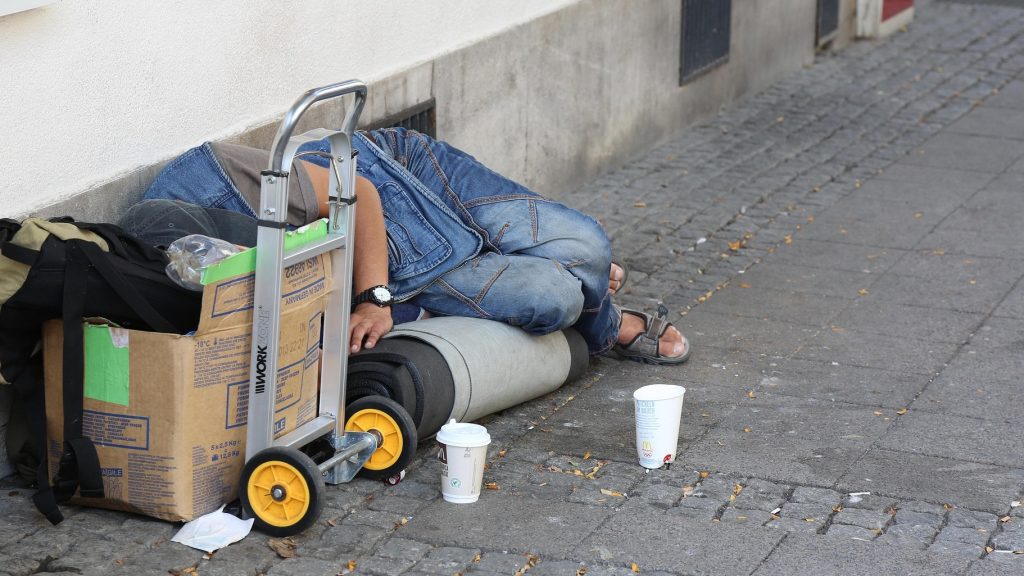
While Trump insists the homeless should be moved to treatment centers, the order does not include any new funding or plans to expand mental health or addiction services.
Experts warn that without such investments, the policy is little more than forced relocation without support.
Also read
Homelessness on the Rise Nationwide
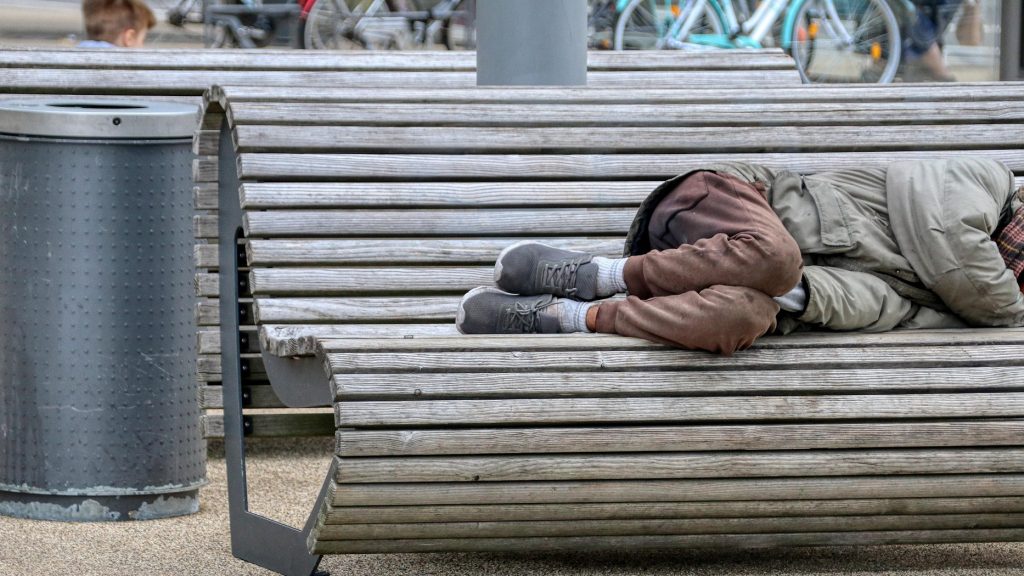
As of a single night in 2024, over 771,000 people were experiencing homelessness in the U.S.. an 18% increase from the previous year. Roughly 36% of them were living outdoors, in vehicles, or in makeshift camps, according to federal housing data.
Critics Warn of Criminalization and Harm
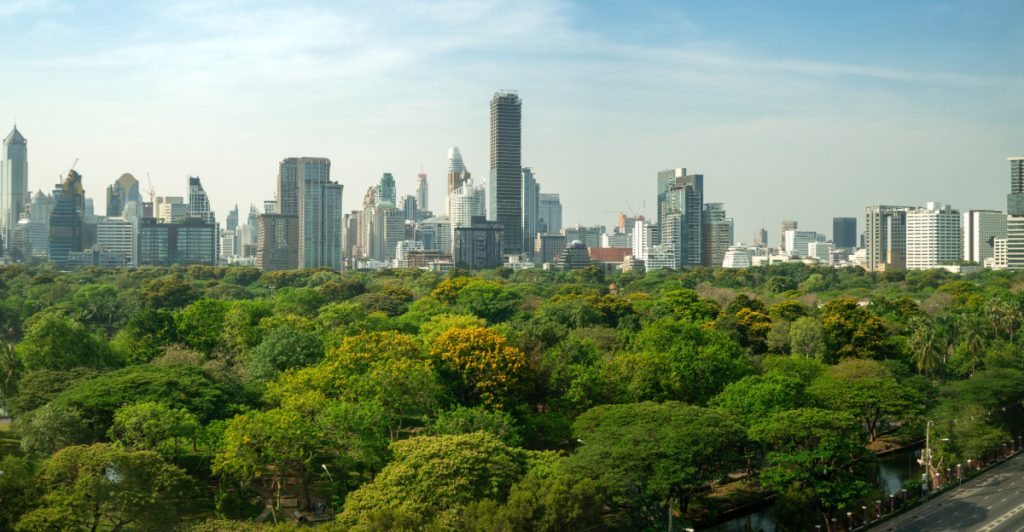
Advocacy groups argue the order effectively criminalizes homelessness by punishing those who have nowhere else to go.
By removing people from public spaces without offering stable housing, they say, the government risks deepening the crisis rather than solving it.
History of Policy Failures

Many experts trace today’s homelessness epidemic to the closure of psychiatric hospitals in the 1960s and 70s, which left many without care or housing.
Promised community-based services were never adequately funded, creating systemic gaps that persist to this day.
Also read
Root Causes Go Unaddressed

In addition to mental health care gaps, rising poverty, soaring housing costs, and shrinking social safety nets are key drivers of homelessness.
Critics argue the Trump administration’s focus on enforcement ignores these structural issues in favor of punitive measures.
Incentives and Penalties Tied to Compliance

Under the new order, federal grants will favor cities that ban public camping, drug use, and squatting. Meanwhile, jurisdictions that allow supervised drug use centers will see funding withheld, raising alarms that lifesaving programs may be defunded in the process.

